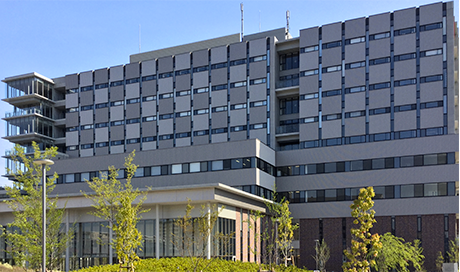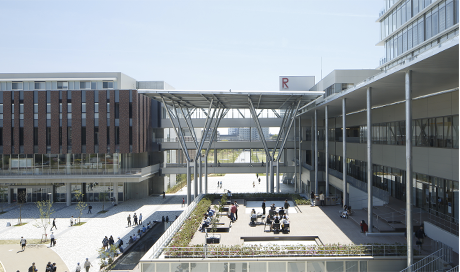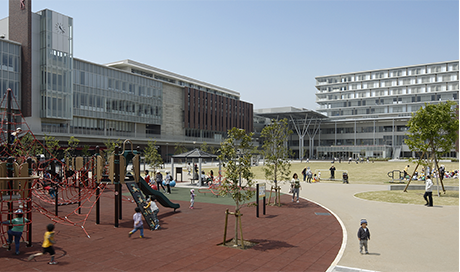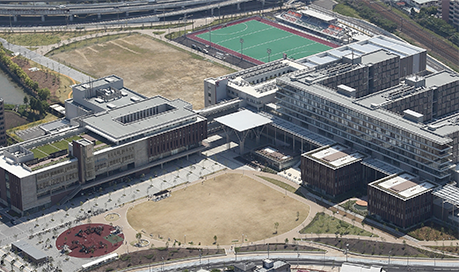知識の探索がエゴネットワーク形成に与える影響
江戸時代の遊学と藩校に関する実証研究
1) 日本大学生産工学部
| Abstract | 江戸時代の遊学とは、他藩に出て学問や武芸などを学ぶことである。本研究は、藩士の子弟教育のための藩校のエゴネットワーク形成に遊学が与える影響を実証する。1736年から1835年に渡る10期のパネルデータを利用して、藩校の学問領域をもとに藩の各期のネットワーク分析を行った。さらにエゴネットワークの指標を用いた統計分析も行った。その結果、藩校設立年は古いほど藩のエゴネットワーク形成に負の影響を与えるが、遊学に積極的な藩では促進された。これにより、組織が古くなることによる環境適応能力の低下がエゴネットワークの縮小に影響するが、知識探索に熱心な組織はエゴネットワークが拡大することが示唆された。 |
|---|---|
| During Japan's Edo period, “yugaku" was the system of studying at “hanko" (higher education facilities for children of vassals) from outside a “han" (domain). This study demonstrates the influence of yugaku on the formation of the hanko ego-network. Network and statistical analyses were performed using 10 sets of hanko and han panel data (from 1736 to 1835). The result shows that although the increasing age of a hanko has a negative impact on the formulation of an ego-network, the degree of dedication to the yugaku of a han has a positive influence on it. These results indicate that although the reduction of an organization's environmental adaptability by age promotes a scale-down of the organization's ego-network, the degree of exploration expands it. | |
| Keywords | 知識探索,エゴネットワーク,組織学習 |
| exploration,ego-network,organizational learning |








